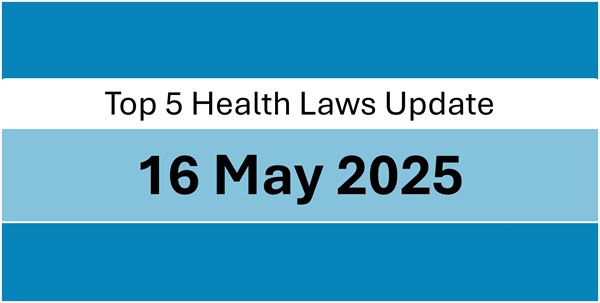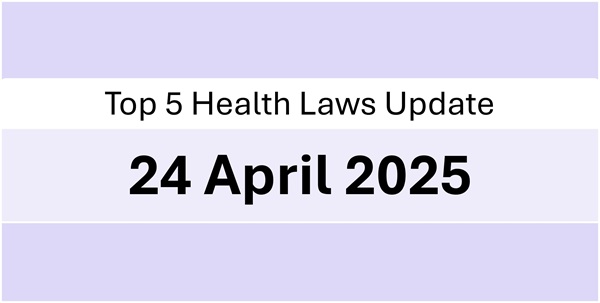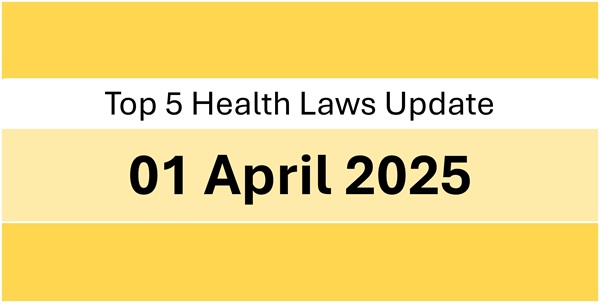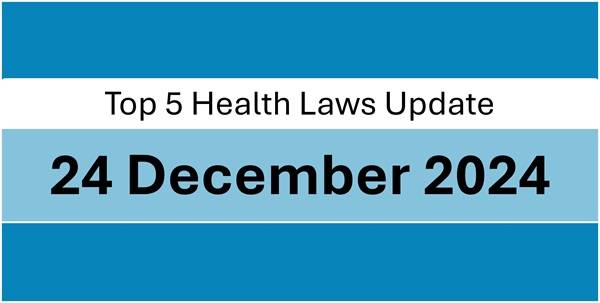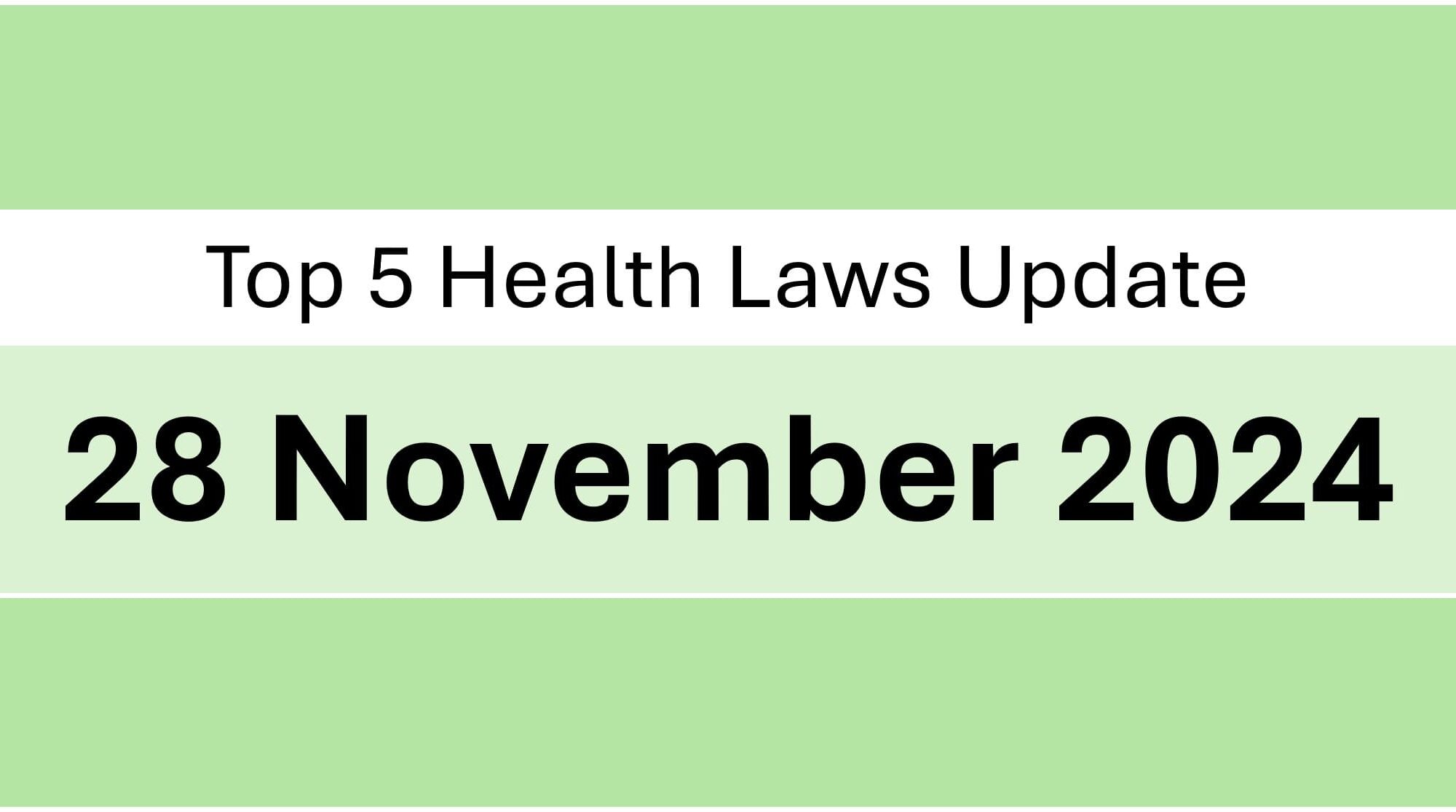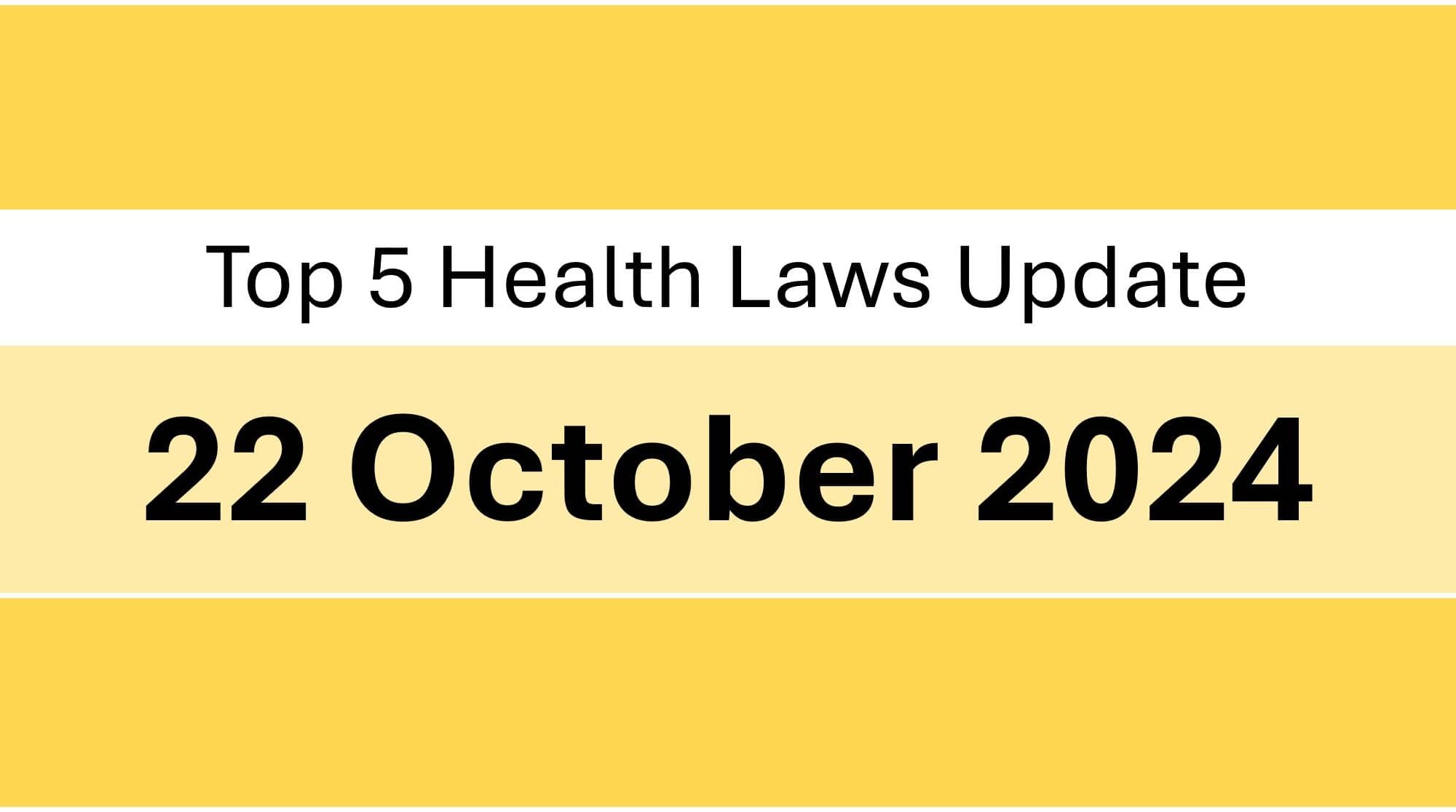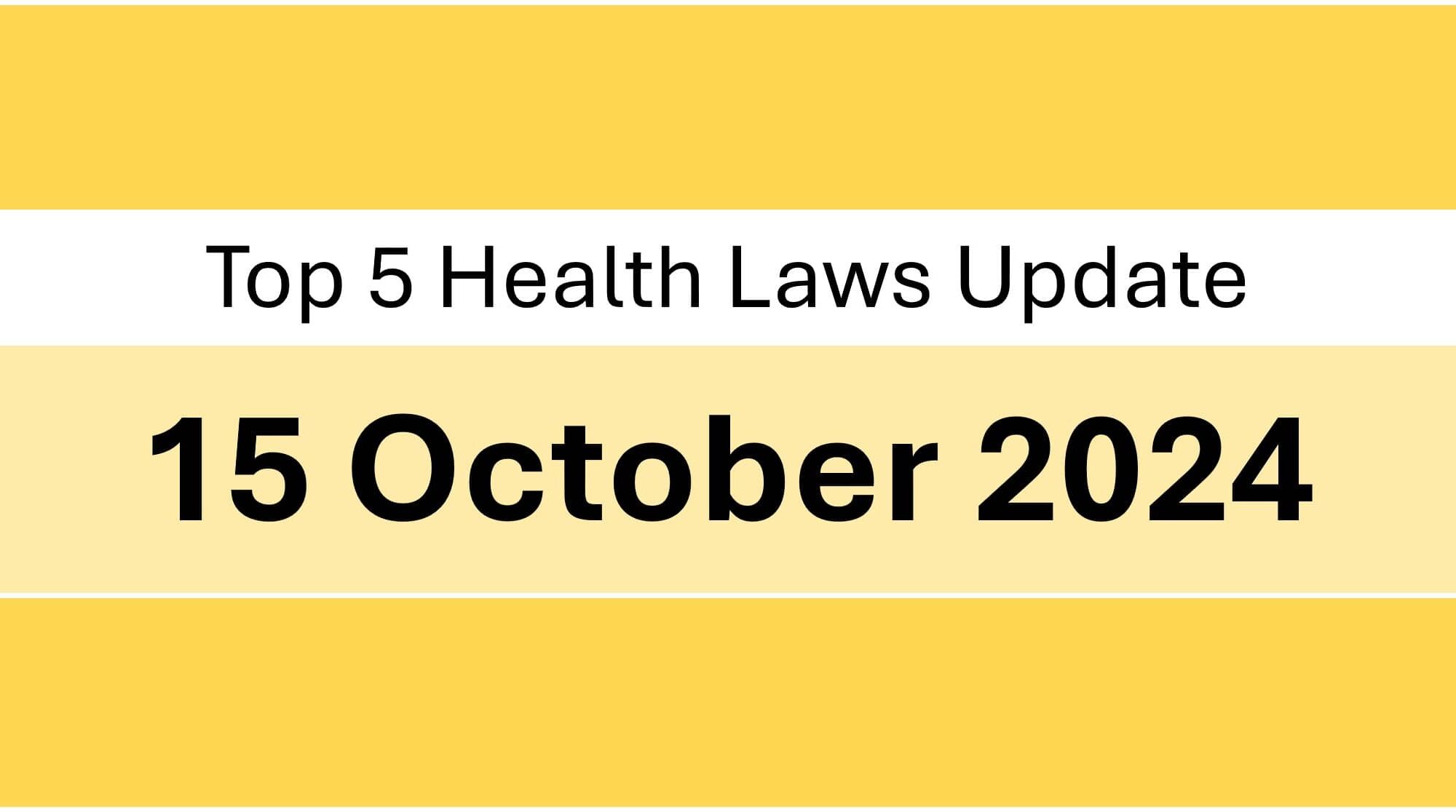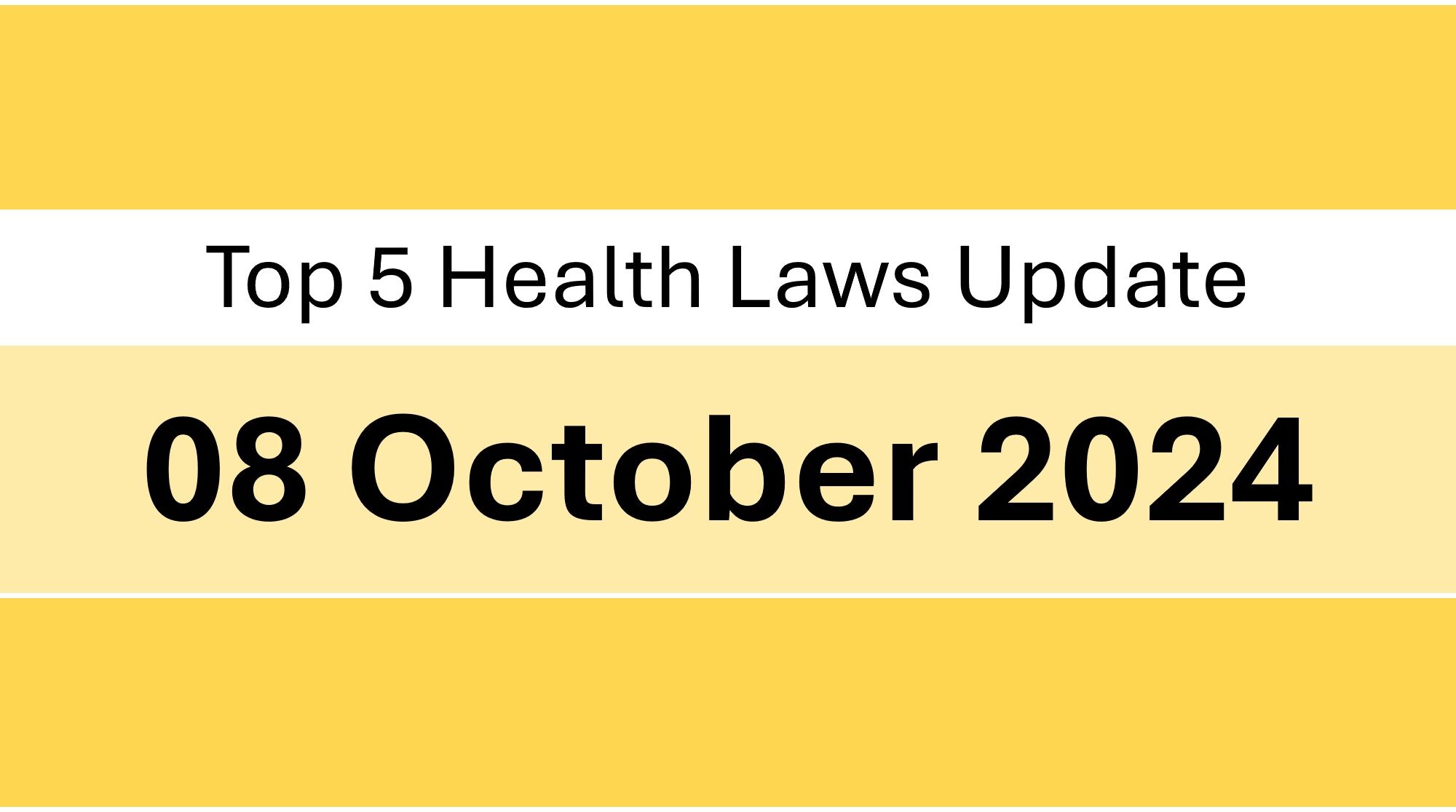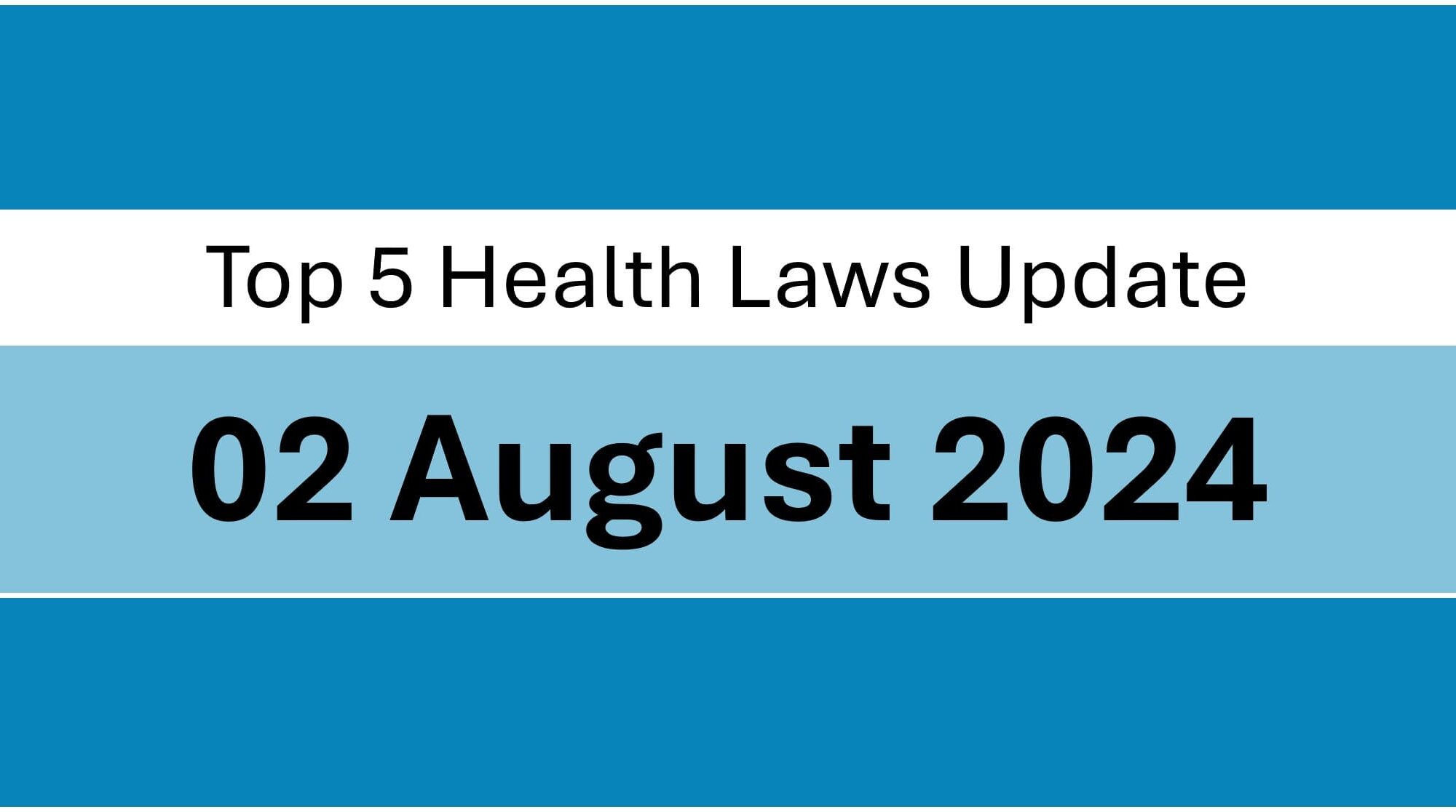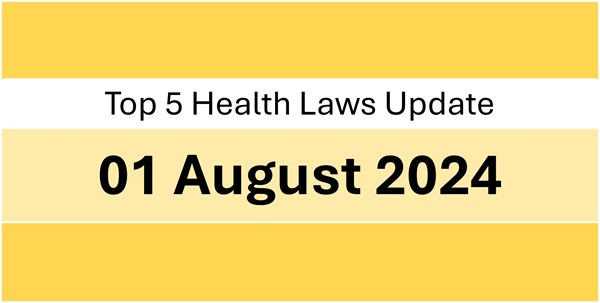Dear Readers, we are happy to share the most interesting legal and policy updates concerning health industry that we read today. we hope you enjoy reading it.
1. The Indian Supreme Court has ruled that individuals convicted of food adulteration offences under the now-repealed Prevention of Food Adulteration Act cannot be granted probation. The Court clarified that the law in force at the time mandated strict punishment for such offences, and the bar on probation remains valid under the current Food Safety and Standards Act, 2006.
Source: bit.ly/3SD2x3R
2. India’s Chhattisgarh High Court has invalidated tender clauses by the Chhattisgarh Medical Services Corporation Limited that permanently barred previously blacklisted companies from bidding, even after their blacklisting period had ended. The Court emphasized that such conditions are arbitrary and violate principles of fairness in public procurement.
Source: bit.ly/45aP0Ik
3. India’s Jharkhand High Court ruled that selling goods at concessional rates alone does not amount to a sham transaction. The Court quashed notices issued for alleged discrepancies, stating that comparing sale prices to market rates is not sufficient grounds to question the authenticity of the transactions.
Source: bit.ly/4kfrgqE
4. The Indian government has invited fresh applications under the Performance-Linked Incentive (PLI) scheme to boost domestic production of bulk drugs. The focus is on 11 key product categories, including Active Pharmaceutical Ingredients (APIs), Key Starting Materials (KSMs), and intermediates. The initiative aims to reduce reliance on imports, particularly from China.
Source: bit.ly/42Zm6ti
5. A leading beverage company will revise its recycling labels following a greenwashing complaint by the European Consumer Organisation (BEUC). The updated labels will clarify that only the bottle body contains 100% recycled plastic, exclude caps and labels, and remove green imagery and the phrase “Recycle Me Again” to avoid misleading consumer.
Source: bit.ly/4khtF4V

